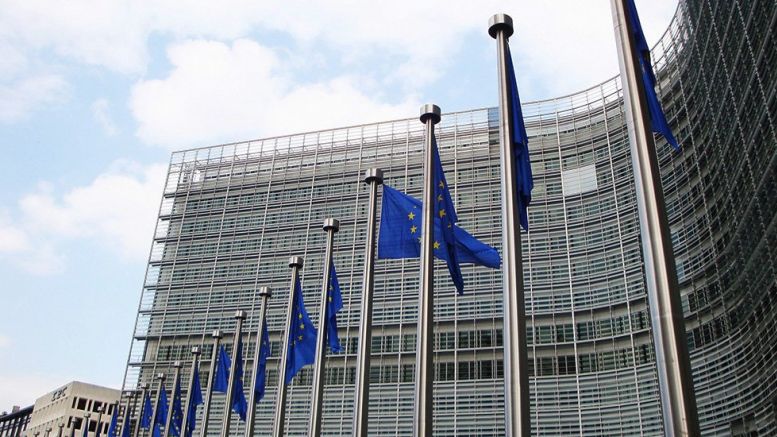
New EU Directive May Impose Anti-Money Laundering Regulations on Bitcoin Wallet Providers
The European Commission published a new directive draft last week proposing to extend strict anti-money laundering (AML) regulation to both virtual currency exchange services and custodial wallet providers. Intended to counter “money launderers, tax evaders, terrorists, fraudsters and other criminals,” the directive could mean that many Bitcoin companies....
Related News
The UK Treasury has said that it won’t seek to impose anti-money laundering (AML) rules on digital currency wallet providers in a bid to avoid overburdening those services. The remarks were issued last week in a report that detailed the UK government's plans to tackle money laundering and terrorist financing risks more broadly. According to the report, the UK Treasury plans to bring digital currency exchange firms "into anti-money laundering regulation", reinforcing plans first announced last year. However, an outstanding question at the time related to whether these rules would....
Last month, the European Commission published a draft directive proposing to extend anti-money laundering (AML) regulation to both virtual currency exchange services and custodial wallet providers. The draft suggests that many Bitcoin companies operating within the European Union will need to apply know-your-customer (KYC) types of checks on their users, to be enforced by 2017. Phrasing of the directive left some uncertainty over its extent, however —in particular over what are considered “wallet providers offering custodial services of credentials necessary to access virtual currencies.”....
Irish companies operating with crypto, and the firms servicing them, will have to adhere to AML and CFT for the first time starting next month. Irish lawmakers will impose an anti money laundering regime on crypto for the first time in AprilThe Central Bank of Ireland has extended the nation’s anti-money laundering, or AML, and countering the financing of terrorism, or CTF, guidelines to apply to Bitcoin and crypto assets from April.Starting next month, Ireland’s crypto asset service providers must comply with AML rules and other regulations for the first time. The new rules are a result....
The European Banking Authority (EBA) has advised that the European Commission establish a regulatory regime specific to virtual currencies such as bitcoin. Commenting on the commission’s proposal to amend the existing European anti-money laundering directive, the EBA expresses the opinion that, in the long term, oversight of digital currencies should not fall under regular anti-money laundering provisions, but rather under a specialized EU body. In a response to the commission published by the EBA in August 2016, the banking authority suggests that the existing anti-money laundering....
The European Commission published a draft directive last week proposing to amend existing anti-money laundering rules to include virtual currencies such as bitcoin. If adopted, exchanges as well as custodial wallet providers will need to collect customers’ identity documents and report suspicious activity on their platform to relevant authorities. In an attempt to avoid regulatory overreach, a group of Dutch Bitcoin startups and experts is now reaching out to the Dutch Ministry of FInance offering their expertise, hoping to potentially adjust the proposed directive amendment. Uncertainty....





